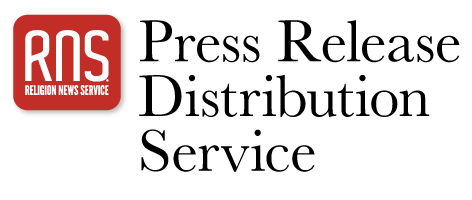Participation, partnership and education: keys to building
sustainable communities
SALT LAKE CITY — Three experts working to promote inclusive and sustainable development in Brazil’s Amazon region gave vivid descriptions of the challenges and successes of grassroots work in Manaus city at a workshop held on August 26, 2019. The workshop, titled “Amazon Frontline Report,” was part of the 68th UN Civil Society Conference (UN CSC) on Building Inclusive and Sustainable Cities and Communities.
At a time of high global concern about the state of the Amazon rainforest, and the related impact on climate change, questions from the 70 participants focused on issues such as how investors and people around the world can contribute to protecting the forest, how to empower indigenous people and value their knowledge and how to develop social technologies that benefit local people and help protect and promote local resources.
Tais Tiyoko Tokusato, Environmental Education Programs Coordinator at the Soka Institute for Environmental Studies and Research of the Amazon, explained that Manaus, a city of over two million in the heart of the Amazon, has one of the lowest levels of vegetal cover of any Brazilian city. Noting that some 40 percent of schoolchildren there are not receiving environmental education, she described projects the Soka Institute has created to address this.
In a video message, Adalberto Carim Antonio, Chief Judge of the Specialized Court of Environment and Agrarian Issues of Amazonas, highlighted the “Seeds of Life” program whereby a native tree is planted for each birth at a major maternity hospital in Manaus, and a night school that educates environmental criminals on environmental issues.
Cintia Okamura, PhD, a community participation expert from the Environmental Agency of the State of São Paulo, stressed that before we propose sustainable communities, we have to ask why we continue to create unsustainable ones.
Dr. Okamura outlined a plan for a sustainable community project in Aleixo Lake near Manaus being developed in partnership with the Soka Institute. This will be built on participation through a community forum, partnership involving companies that pollute the riverside, technological innovation and environmental education. She commented: “We are preparing government institutions, residents and companies to work together. This seems obvious, but it is not easy. It is extremely important and the first step in our work.”
Denise Machado Duran Gutierrez, PhD, Social Technology Coordinator at the National Institute of Amazonian Research (INPA), introduced three examples of social technology developed with local people—an app that helps hearing-impaired people learn while visiting national parks, one that enables local people to assess water quality and a tool that enables individuals engaged in harvesting palm fruit to do so safely without having to climb the trees and risk serious accident.
Dr. Gutierrez summarized: “All these possibilities were created with communities, listening to their demands and needs, what they see, what they want, otherwise nothing will work. We all know that.” She also stressed the importance of fostering and supporting youth leadership.
The workshop, titled “Amazon Frontline Report–Challenges and Partnerships for Sustainability in Manaus, Brazil’s Amazonas State,” was co-organized by the Soka Gakkai International (SGI), a community-based Buddhist organization, the National Institute of Amazonian Research (INPA), the Soka Institute for Environmental Studies and Research of the Amazon and the Specialized Court of Environment and Agrarian Issues of Amazonas.
###
Contact
Ivy Koek
[email protected]
Tel: 1-646-354-8123





